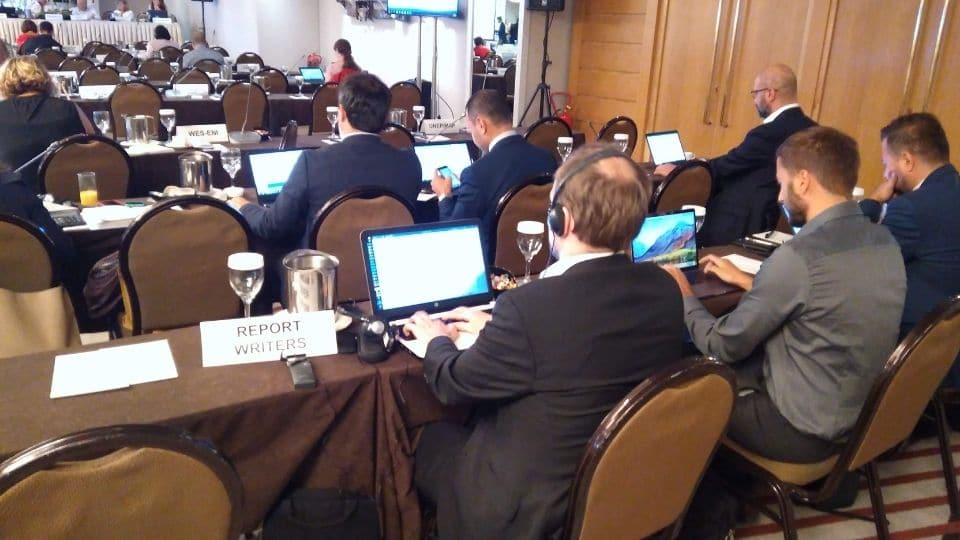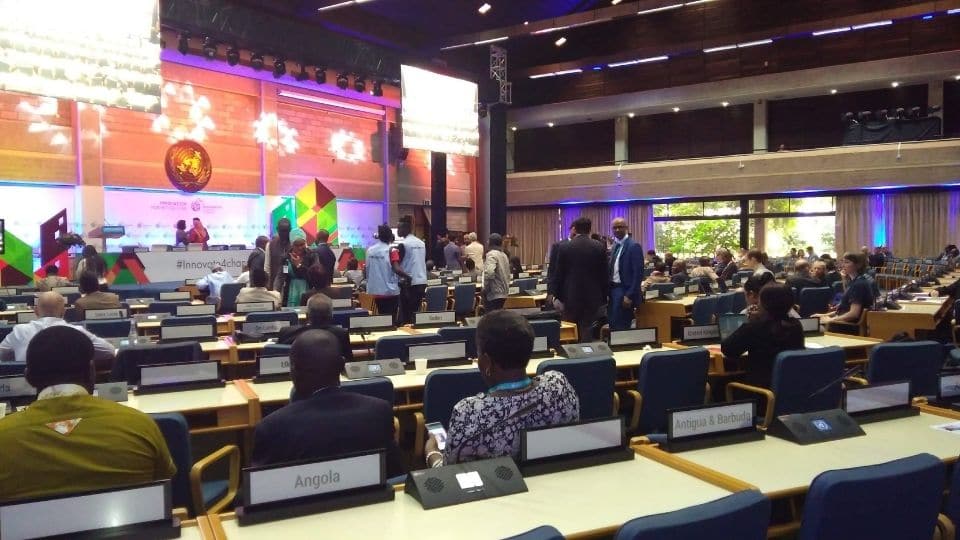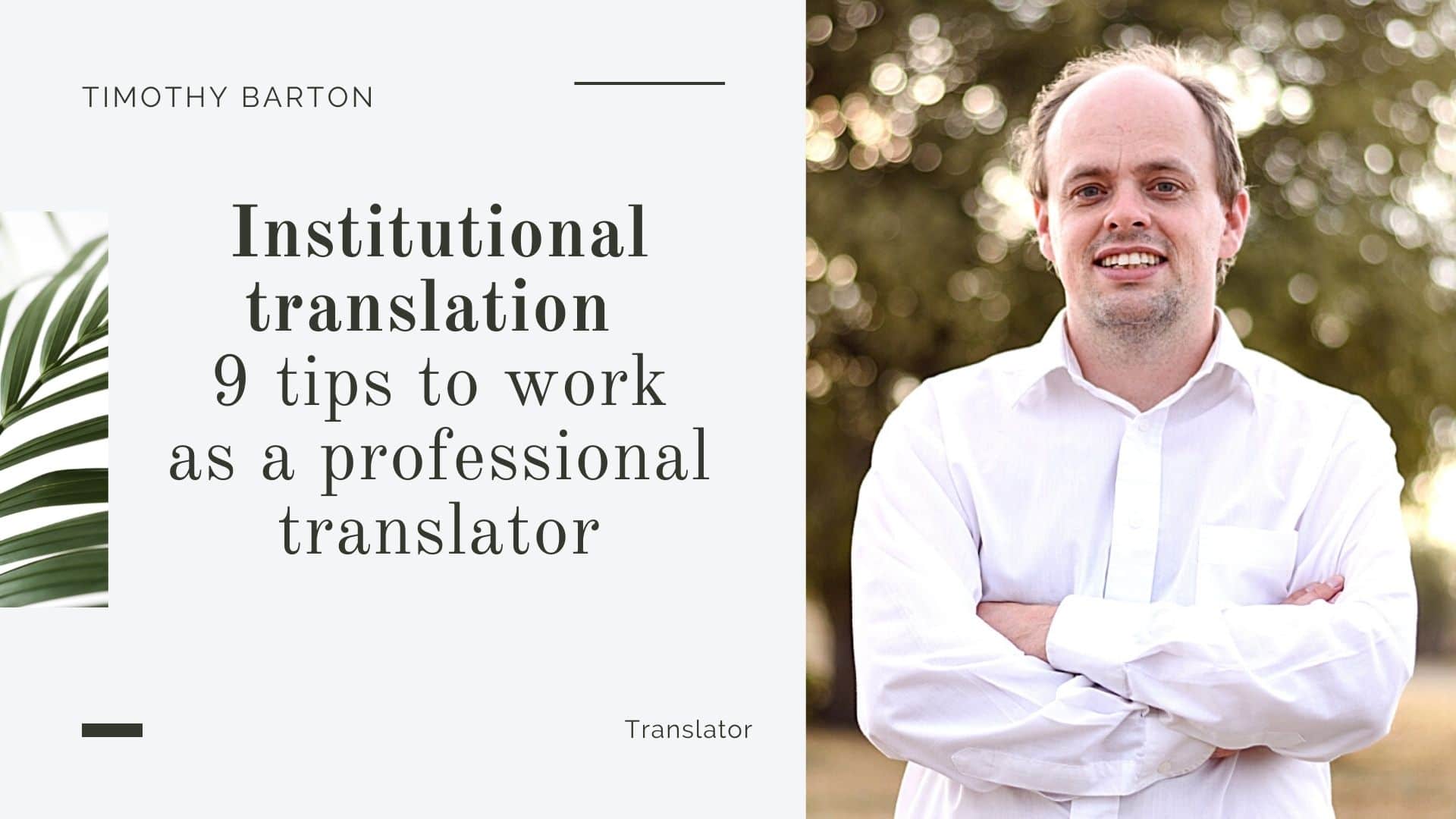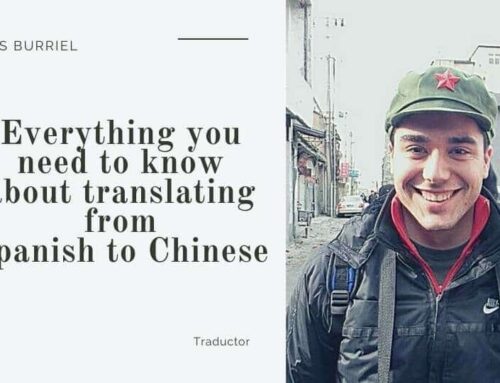I have translated for international institutions for more than 15 years and they now provide the bulk of the work I do.
I decided to write the post in the form of a list of tips for people interested in translating and editing for this sector. They are general tips about finding clients and the kind of work you’ll be doing.
For a more nitty-gritty take on the subject, with some specific examples of how to address the kinds of problems that arise when translating for institutions, read Izaskun Orkwis’s “Going Institutional: A Primer on Translation for International Organizations”, as well as my review of her article, in which I give additional examples from my own experience.
The tips below focus mainly on the United Nations (UN) system, but not all institutional translation is for UN institutions.
📌 Tip #1 – If you have the skills, believe in yourself
The international institutions have excellent mechanisms in place to ensure that they hire the best talent. I grew up in the UK, and though I wouldn’t say I am from a poor family, I’m not from the kind of background where you can walk into a high-paid job based on which secondary school you attended. But your background is irrelevant when it comes to working for international institutions, which do a good job of hiring based on merit. If you perform well in the UN language competitive examination (see below), for instance, there’s every chance you’ll be offered work by the UN, irrespective of your background, gender or the colour of your skin.
📌 Tip #2 – Make sure everyone you meet knows you’re a translator
Despite what I wrote above, knowing the right people can still be useful. I began working for one of my institutional clients after a former university classmate who was working in the editorial department told me that their translation team was running behind schedule on a project and they needed extra translators. She knew I was a translator because of posts I’d made on Facebook.
📌 Tip #3 – Stand out from the crowd
Though I was very fortunate in how I got my foot through the door with the aforementioned institution, the reason they kept hiring me for ever-larger projects was because they were delighted with the documents I delivered. Thanks to my painstaking work, my efforts pointing out factual errors and my advice on sections that needed to be updated to reflect recent events, before long I was translating and using my own reviser for publications totalling more than 80,000 words.

📌 Tip #4 – Don’t become over-reliant on one client
There was a time when one of my institutional clients was providing me with over a third of my annual income. Marketing my services suddenly didn’t seem important, since I had so much work at good rates. Then, all of a sudden, everything changed. Much of my income came from two large publications that were produced every year. One of those publications was taken over by a completely different institution, and the other changed from being written in Spanish and translated into English to being written in English and translated into Spanish. Great news for the institution’s Spanish translators, but terrible news for me!
Today, that institution barely sends me any work, because almost all their publications are drafted in English first.
📌 Tip #5 – Keep your eye out for the language competitive examinations
The United Nations and many of its specialized agencies require freelancers and in-house staff to pass the language competitive examination before they can be hired, but the examinations only come round about once every three or four years, so it’s easy to miss them. Bookmark the link to the page where they’re announced (at the time of writing there are none planned) and add a monthly reminder to your calendar to check for upcoming examinations.
To pass the exam, you’ll need to be a skilled translator and editor, but you’ll also need to prepare. I can’t stress enough how important it is to prepare for the exam. The good news is that the UN provides excellent resources to help you prepare, especially its guidance on précis writing and its guidelines on reported speech. There are many other excellent resources and videos, too.
📌 Tip #6 – Get in touch with the institutions
A few months after you’ve been informed that you passed the exam, it’s a good idea to start getting in touch with institutions to let them know you’re available. Identify the places where you’d like to work, try to contact the head of section for your language, and tell him or her that you’re keen to start working with the department.
Don’t feel offended if an institution asks you to sit yet another exam to work for them. Although passing the UN’s language competitive examination will make you attractive to other institutions, some of them, even within the UN system, may still ask you to sit their own test to see whether you can work with the kinds of documents they produce.
📌 Tip #7 – Be prepared to do short-term in-house work
International institutions may invite you to work in-house on a short-term contract, either as a translator or as a précis-writer producing summary records. For me, it’s the best of both worlds: I get a steady flow of well-paid work lasting several weeks with the pleasure of some company in the office, but I don’t have to make a long-term commitment that takes away the freedoms I have as a freelancer.
Some institutions only outsource work to freelance translators who have already done in-house work, so you should be willing to do these kinds of contracts if you would like to receive work from institutions in the UN system.

📌 Tip #8 – If you’re an English translator, be willing to do précis-writing
If you’ve always been a freelance translator, chances are you’ve never done précis-writing. But if you are given a short-term contract at the United Nations Office at Geneva (UNOG) and your first language is English, you’re likely to spend 80% of your time doing précis-writing to produce summary records of meetings of the human rights committees.
If you’ve passed the exam, it means you’ve already picked up the basics, but you’ll still have plenty to learn before you can start producing content for the summary records.
The English Language Section team at UNOG are fully aware that précis-writing is a new skill for its new recruits and they provide training throughout a translator’s first contract. Only during their second contract do précis-writers start producing content that will be published, following revision by a more senior staff member.
📌 Tip #9 – Buy a good suitcase!
In addition to working at the main offices of international institutions, such as in Geneva, you may be asked if you would like to work on mission. In 2019, I did three missions: one in Nairobi, one in Athens and one in Bangkok. At each mission, I was part of a team producing the report for a multilateral meeting. Sometimes, the report has to be approved on the final day by the parties attending, so stock up on midnight oil if you’re working on mission!
Though a mission is very tiring and certainly isn’t a holiday, you still get to enjoy some of the pleasures of travelling, such as sampling the local cuisine at mealtimes and travelling (albeit to work) in a rick shaw.
I’d never been to Athens, so for the trip I requested a four-day extension to my stay in the Greek capital (at my own expense, of course). In Bangkok, I travelled a day early, but I spent most of the extra day recovering from jetlag. Nevertheless, on my final day in Bangkok I had a free morning during which I explored central Bangkok for a few hours. The highlight was discovering the dried-seafood market!
Any questions about institutional translation?
I hope to do some posts or videos on my own blog in which I’ll explore these 9 tips in greater depth. If you have any questions about institutional translation, please post them in the comments section, and I’ll do my best to address them.





Leave A Comment